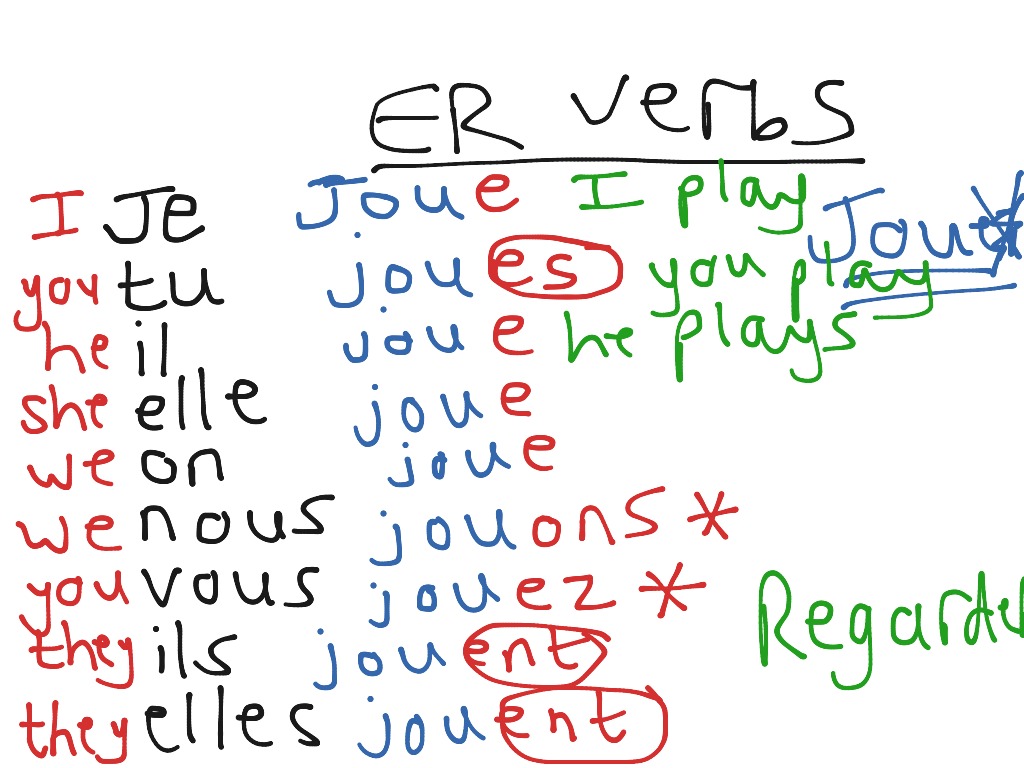

These verbs are regrouped according to their ending, in -e_er and -é_er, with the underscore standing for a consonant. Let’s break them down.Ĭhoose your plan Get the right accent with verbs ending in -e_er and -é_er But these verbs also have a few specifics of their own. All the other irregular -er verbs follow the same general patterns we described before: you still need to remove the final -er of the infinitive and add the same endings depending on the subject. “Aller” is also a unique case among -er verbs. Thankfully, the verb is so common you will get many opportunities to practise it. There is no two ways about it: You will need to learn the forms of “aller” in the present tense through repetition. Aller, one of the most common and irregular verbs in FrenchĪs is often the case with very common verbs, “aller” (“to go”) is one of the most irregular verbs in French, in particular (but not only!) in the present tense: English So far, so good… But of course, there would be no fun if you didn’t get some irregular verbs here and there to spice things up. Finally, the ending “ez” in “vous parlez” is pronounced in exactly the same way as the infinitive form “parler”. You may already know it from common, easy words like “bonjour” (“hello”) or “garçon” (“boy”). In “nous parlons”, “on” is one of the four nasal sounds that are unique in French.

The pronunciation is the same for “tu parles”, “il/elle/on parle” and “ils/elles parlent”. In other words, in “je parle”, “parle” is pronounced “parl”. When you remove the final “er”, you also remove the sound “ay”. For example, “parler” is pronounced “parl-ay”. In the infinitive form, the final “er” sounds like the accented vowel “é”, which is akin to the sound “ay”. Let’s see this in action with the verb “parler” (“to speak”): EnglishĪs you may have guessed, the color system serves to represent the differences in pronunciation.


In fact, it is exactly the number of steps you need to take to correctly conjugate them: In the present tense, the rules to follow are as easy as 1, 2, 3. The same applies to French -er verbs, but following different patterns. Think of the various forms of the verb “to be” in English: Person (singular) In French as in English, the form of a verb may change according to the person who committed the action (the subject of the verb) and to the time when the action took place (the tense of the verb). How to conjugate regular -er verbs in the present tense?


 0 kommentar(er)
0 kommentar(er)
